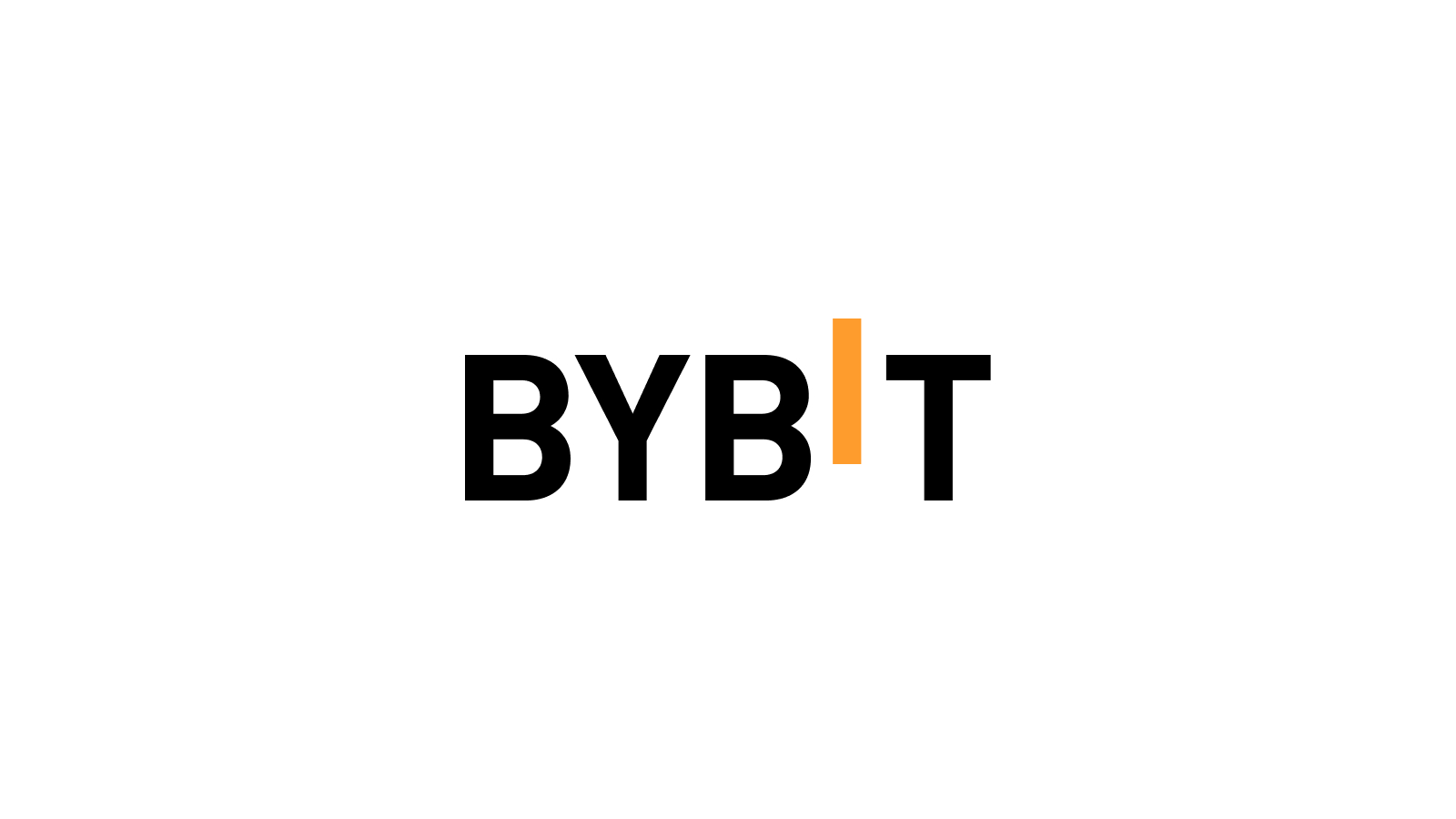Image source: Getty Images
The best passive income stocks aren’t always the ones with the biggest dividend yields. Some have hidden depths.
These two FTSE 100 shares have put on a dazzling show over the last decade. While I’ve always viewed them as growth stocks, their dividends have played a starring role in their show-stopping total return.
Distribution group Diploma (LSE: DPLM) is the first of my two unsung FTSE 100 dividend heroes. I suspect it’s flown under my radar because it’s a little-known enterprise with no consumer-facing identity. If that’s the case, I need to raise my game.
The Diploma share price is a work of wonder
Dipllmoa has a meaty market cap £6bn built on the unglamorous business of producing industrial products such as seals, gaskets, filters, wiring and connectors for businesses in North America and Europe.
On 19 November its preliminary results showed a 14% rise in revenues to £1.36bn, with adjusted operating profit up 20% to £285m. It’s doing well given that it’s operating in what the board calls a “tougher environment”.
The Diploma share price is up 28.3% over 12 months and 128.54% over five years. I’m just imagining what it might do when the environment gets easier.
It’s the 10-year total return that really grabs me. It’s delivered a whopping 620.2% in that time, according to figures from AJ Bell.
While today’s trailing yield is a modest 1.33%, Diploma’s dividends have increased at a compound average growth rate of 13.7% a year. Clearly, that low yield is down to a rocketing share price.
Success doesn’t come for free and Diploma’s price-to-earnings (P/E) ratio of 46.13% is three times the FTSE 100 average. That doesn’t allow for disappointments. I’ll still consider buying it, but I might wait for a market dip.
My second unsung dividend stock has a similar profile, as a juicy serving of share price growth obscures lashings of dividends on the side.
RELX shares and dividends are also smashing it
Shares in data and analytics company RELX (LSE: REL) are up 18.39% over the last year and 106.17% over five. The trailing yield is a misleadingly low 1.57%
Over 10 years, RELX shares have delivered a total return of 397.1%. The board has increased dividends at an average rate of 9.1% a year in that time.
RELX was initially thought to be vulnerable to the artificial intelligence (AI) revolution, but now it looks like being a beneficiary instead.
I’ve wanted to buy the stock for yonks but was put off by its high valuation. It’s still pricey today, with a P/E of 32.81 times. Despite that, on 8 November JP Morgan Cazenove lifted its target price from 4,200p to 4,550p. If that pans out, that’s up another 21.1% from today’s 3,757p. When that dip comes I’ll consider buying RELX too.
I can’t imagine Diploma and RELX can repeat their stellar return of the past decade. RELX is now worth a handsome £70bn. But I still reckon they have scope for more growth, plus heaps of passive income too. Who knew? Not me, anyway.
Credit: Source link













